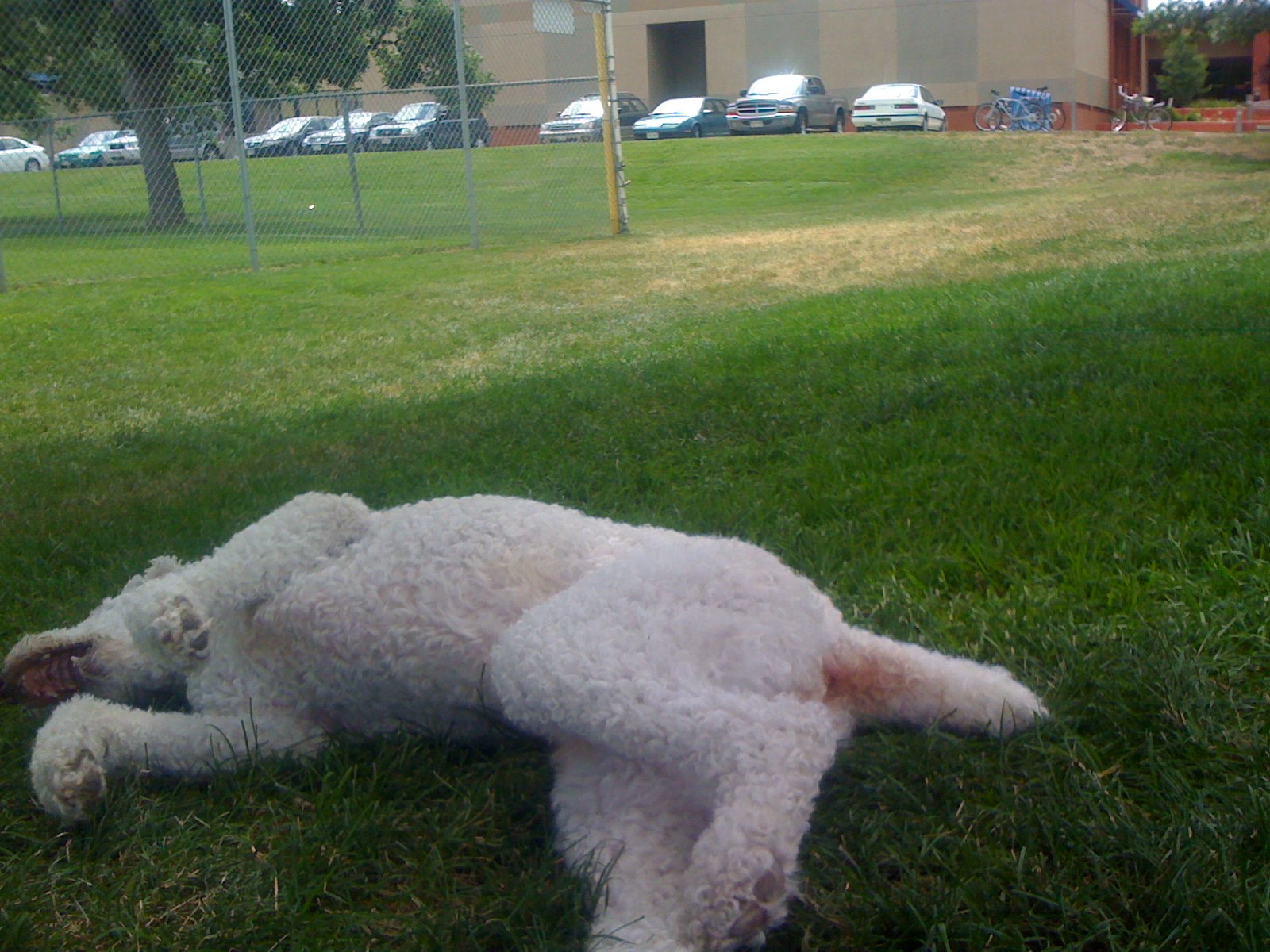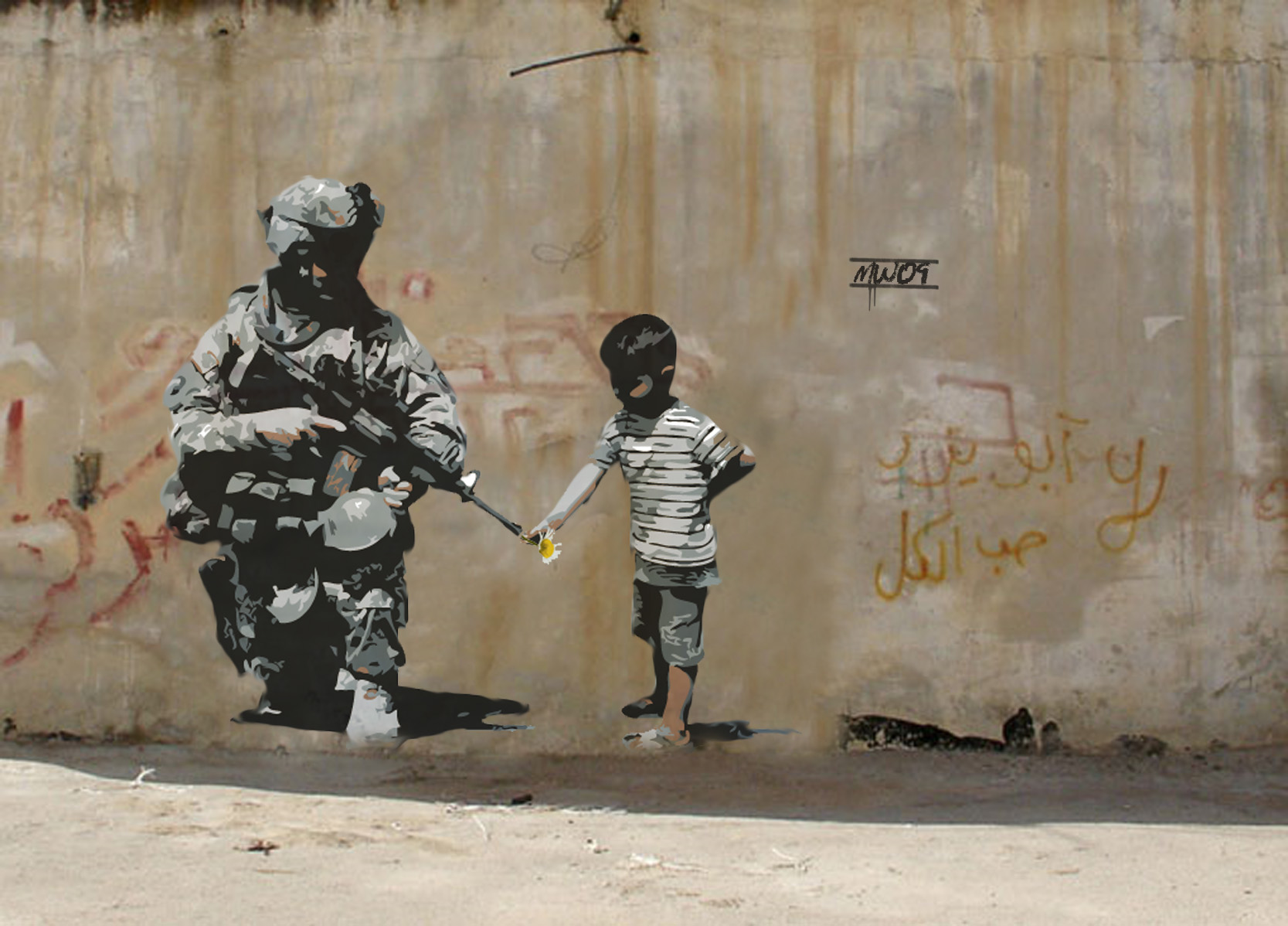Whenever we allow ourselves to be drawn off balance, away from the strength of quiet integrity, we are in conflict. It matters not whether the confrontation is between competing values in one’s own mind or with another person: it is the inner departure from clarity and equanimity that leaves us with feelings of despair and vulnerability. The only remedy is to disengage from the problem and return to quiet contemplation of what is correct.
Conflict provokes strong feelings of doubt, fear, anxiety, and impatience to resolve the situation. If you act under the influence of these inferior emotions, you will severely complicate the misfortune. By following the prescription of the Sage and returning to a position of neutrality, acceptance, and detachment, you are able to meet opposing forces halfway: not recoiling in anger and condemnation, not pressing forward for some unnatural change in things, but waiting calmly in the center until the Higher Power provides the correct solution.
The I Ching teaches us that all conflict is, in the end, inner conflict. When you see it beginning, you are obliged not to pursue it, for this only compounds your own misfortune. If you cannot regain your equanimity on your own, then seek the assistance of a just and impartial person in resolving the difficulty. The only way to live free of conflict is to hold steadfastly to proper principles in all things. Through balance, patience, and devotion to inner truth we rise above every challenge.
The I Ching, or Book of Changes
Hexagram 6, Sung / Conflict
ebooks & apps of the Tao the Ching, I Ching,
Wei wu Wei Ching, Hua hu Ching, and
Art of War for iPad/Phone, Kindle,
Nook, or Android
You
can now buy
the I Ching as part of a
five-app bundle of Taoist classics
for iPhone or iPad for less than
the cost of one hardcover
book.


on this date a buddha was born
There is no distinction
between heaven and earth, man and woman,
teacher and disciple. Sometimes a man bows to a woman;
sometimes a woman bows to a man. Sometimes the disciple bows
to the master; sometimes the master bows to the disciple. A master
who cannot bow to his disciple cannot bow to Buddha.
Sometimes the master and disciple bow together
to Buddha. Sometimes we may bow
to cats and dogs.
In your big mind,
everything has the same value.
Everything is Buddha himself. You see something
or hear a sound, and there you have everything just as it is.
In your practice you should accept everything as it is, giving to
each thing the same respect given to a Buddha. Here there
is Buddhahood. Then Buddha bows to Buddha,
and you bow to yourself. This is
the true bow.
Shunryu Suzuki
zen mind, beginner’s mind





